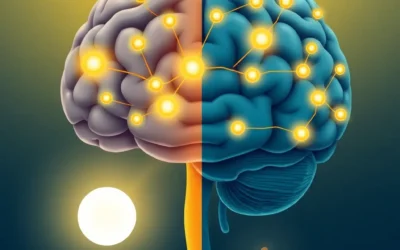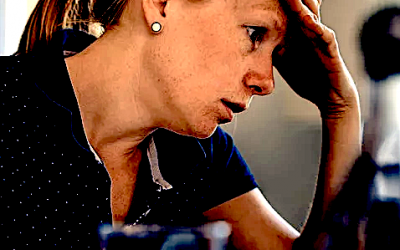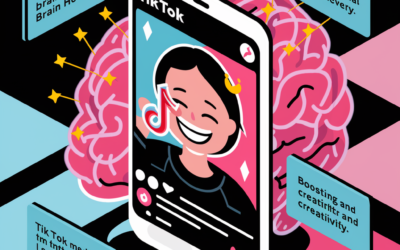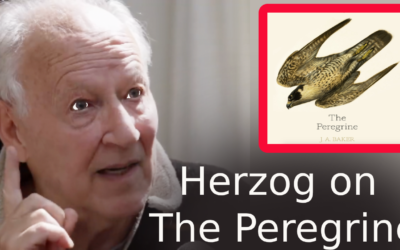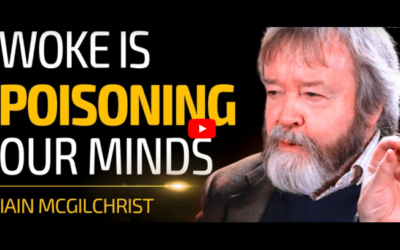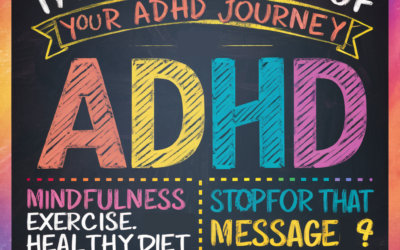If you've been haunted by negative autobiographical memories of high personal significance and arousal, understand how that can induce a stronger sense of re-living the actual event, contributing to the retention of such memories and exacerbating clinical symptomology. Remembering the past can have a negative effect on the present, but there are ways to change the memories for good.
One potential way to alter how we feel about past adversity is to find positive meaning in it. Finding more adaptive ways to reframe negative events is central to therapeutic techniques and linked to fewer depressive symptoms, more positive emotionality4, and faster recovery from stress5.
Study Overview: Four experiments investigated whether positively reinterpreting negative memories modifies memory representation. Positive meaning-finding's impact on emotion, memory content, and neural representation was assessed across varying timeframes (1 week, 2 months).
- Experiment 1:
- 102 participants (35 men; mean age 20.3) recalled 12 negative autobiographical memories.
- Participants were randomly assigned to four groups: Positive (positive elaboration), Negative (negative elaboration), Neutral (neutral elaboration), and Distraction (spatial perception task).
- Memories were recalled and rated twice: initially and one week later.
- The Positive group showed the greatest increase in positive emotion at the follow-up, compared to other groups.
- Within the Positive group, increased positive emotion correlated with increased positive memory content and content dissimilarity.
- Future-oriented elaborations did not explain the findings.
- Experiment 2:
- 91 participants (39 men; mean age 20.9) participated in a three-session longitudinal study (baseline, 1 week, 2 months).
- Participants recalled 10 negative memories and elaborated using either positive meaning-finding (Positive group) or natural recollection (Control group).
- Positive meaning-finding led to greater increases in positive emotion, positive content, and content dissimilarity at both 1 week and 2 months compared to the Control group.
- Analysis of memory detail revealed that the Positive group incorporated elements from the initial recollection, positive elaboration, and new positive details, while preserving most initial details.
- Experiment 3:
- 72 participants (29 men; mean age 22.3) tested the reconsolidation hypothesis.
- Three groups: Delayed-Test (positive elaboration after reactivation, tested after 24 hours), Immediate-Test (positive elaboration immediately after reactivation, tested immediately), and No-Reminder (positive elaboration 24 hours after reactivation, tested after 24 hours).
- Only the Delayed-Test group showed increased positive emotion for positively elaborated memories, consistent with reconsolidation.
- Experiment 4:
- 32 participants (12 men; mean age 22.8) underwent two fMRI scans 24 hours apart.
- Participants recalled 32 negative memories (Recall 1), then elaborated using either positive meaning-finding (positive trials) or natural recollection (control trials).
- Memories were recalled again during scan #2 (Recall 2), with a 2-month behavioural follow-up.
- Positively reinterpreted memories elicited greater positive emotion at both 24 hours and 2 months.
- Representational similarity analysis (RSA) revealed greater hippocampal and ventral striatal pattern dissimilarity across retrievals for positive trials, correlating with increased positivity.
- Whole-brain analyses during the elaboration task showed activity in areas associated with positive reappraisal and cognitive reinterpretation. Similar activation was observed during Recall 2 for positive trials.
Takeaways: Positive meaning-finding effectively updates negative autobiographical memories, enhancing positive emotion and altering memory content and neural representation. The findings support a reactivation-induced reconsolidation mechanism. Limitations include individual differences in cognitive regulation and potential memory characteristics affecting modifiability. The study's ecological validity is high, demonstrating a naturally occurring memory transformation strategy.
To learn more about rewriting bad memories for good, take a look at this case study that erased 4 PTSD memories in under 5 hours.



